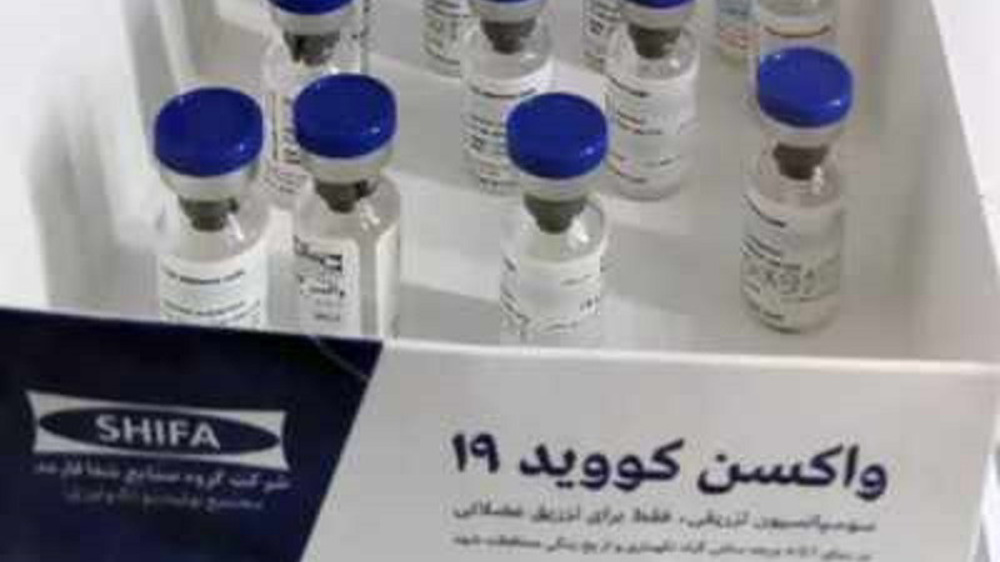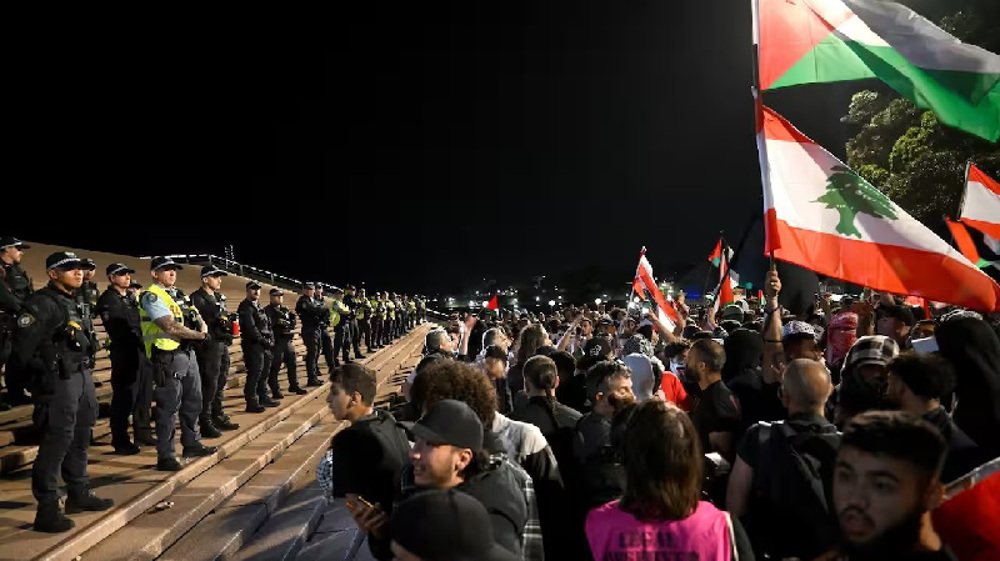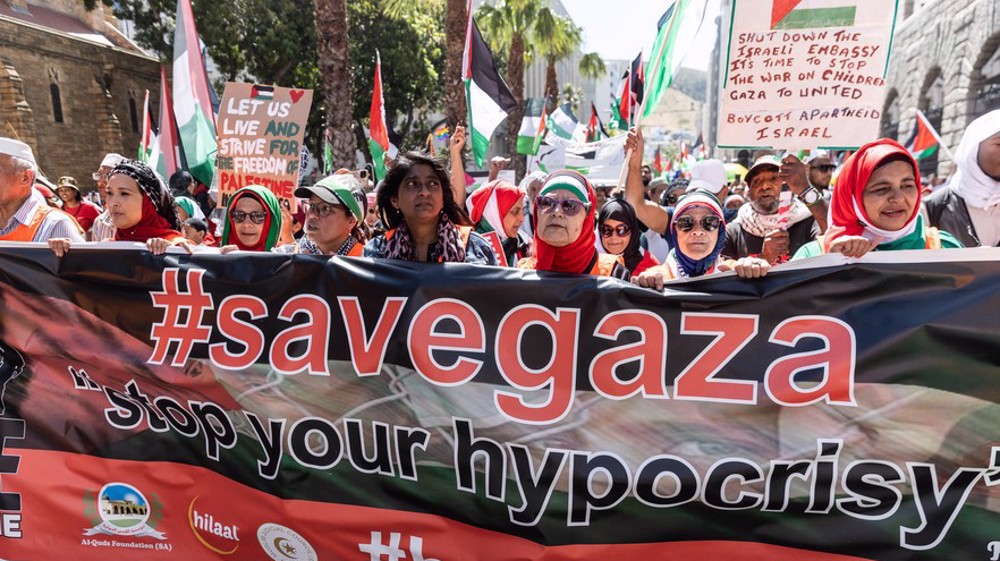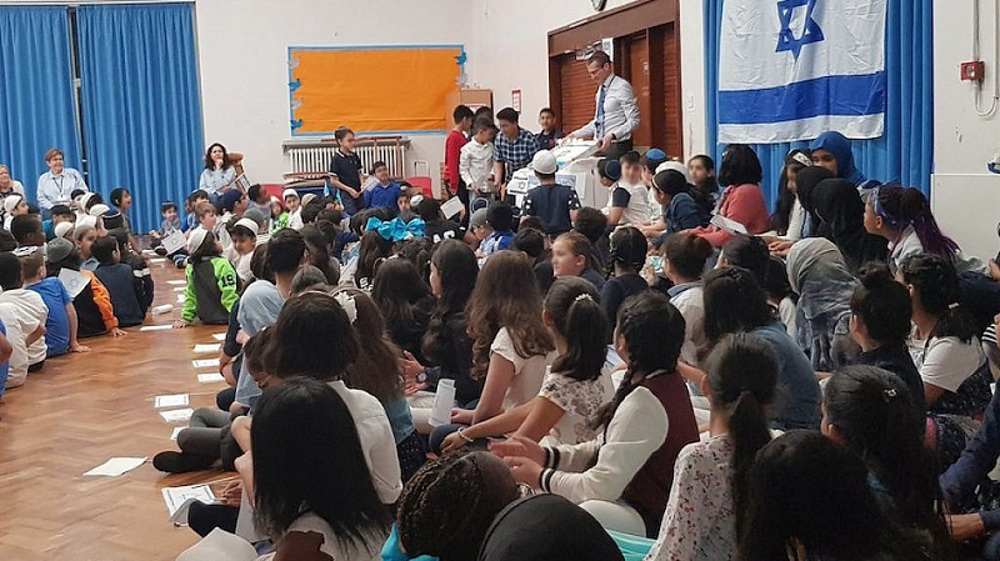Domestically produced COVID-19 vaccine approved
Iran's Health Minister, Saeed Namaki, announced on Monday that the COVIRAN/ Barekat Coronavirus vaccine, had received approval for public inoculations.
A legal Commission gave approval to the backup vaccine for emergency use. The Barekat complex can now distribute the vaccines it produced, God willing, the vaccine will be added to the national vaccination programme as of next week.
Saeed Namaki, Health Minister, Iran
He said that Iran had gone through nearly a year of intensive work to join the Club of countries with the capacity to scale up production for Coronavirus vaccines.
COVIRAN/Barekat was unveiled on 29 December 2020 with mass production beginning on March 29th.
It has been developed by Shifa Pharmed, a subsidiary of the Iranian economic and industrial conglomerate, Setad.
Production capacity is slated to reach 12 to 15 million doses per month by the end of the summer.
Iran is among the first countries which started developing a vaccine against the Coronavirus and now four companies are endeavoring to release their products by September, and inoculate the general population.
The ability of Iran to develop its own vaccine is a step forward, it would have been a lot easier, I suspect, had there been no sanctions on some of the chemicals and other things needed to develop the vaccines.
So I think we have to go back to these principles, if we are serious, if the United States is serious about moving forward to prevent the spread of this virus and to save lives, there has to be an open handed, generous and honest relationship with Iran, with Cuba, with China and Russia, and other makers of vaccines including India and South Africa, all of which has been impeded by this emphasis on privatization, and the maintenance of sanctions.
Frank Emspak, Political Commentator
Iran hopes that domestic initiatives could significantly boost vaccine supplies for the nationwide inoculation program which started last year.
The G7 summit in the United Kingdom ended with a pledge to distribute 1 billion doses of COVID-19 vaccine to the developing world, a figure that activists say is a drop in the bucket in the fight against the Coronavirus pandemic.
In the meantime, some Western nations have been accused of hoarding the vaccines, even though their inoculation programs have lost their momentum.
Others are also accusing them of engaging in vaccine diplomacy, taking advantage of vaccine donations to seek diplomatic favors, something that even the western countries have acknowledged.
There's no doubt there is some of this going about, we don't support vaccine diplomacy, let alone blackmail. We think that we've got a moral duty but also strong vested interest in getting the world vaccinated because we know, no one's safe and two we're all safe.
Dominic Raab, British Foreign Secretary
The major pharmaceutical companies are yet to grant a waiver on the intellectual property rights behind the production of their COVID-19 vaccines, a move that will facilitate poorer nation’s access to the jabs.
Meanwhile, nations like Iran and Cuba have joined forces to develop their vaccines to protect their population against the Coronavirus pandemic.
But from my point of view, I think it's great that Iran has been able to develop a vaccine working with the Cubans and the Russians and others.
And this is an important step and I think it's one reason why the United States began to say the other day, about three weeks ago now, well maybe we should relax the patents and so on so forth, but the whole system, the whole system, In the last 18 months to reduce the speed and the efficacy of the distribution of the vaccine.
Frank Emspak, Political Commentator
As major vaccine producers keep the doses from the rest of the world, vaccines built by developing countries can be a beacon of hope for millions of people.
Palestine, Jordan slam map showing Arab lands as part of ‘greater Israel’
VIDEO | New York healthcare workers take a stand against genocide
Ireland files declaration of intervention in genocide case against Israel
Israel signs deal with Elbit to build bombs supplied by US, UK
Beirut's message clear; Israel must leave southern Lebanon: PM
VIDEO | Press TV's news headlines
Israel denying Gaza hospital director access to lawyer: Rights group
VIDEO | Austrian anti-Islam party tasked with forming government














 This makes it easy to access the Press TV website
This makes it easy to access the Press TV website